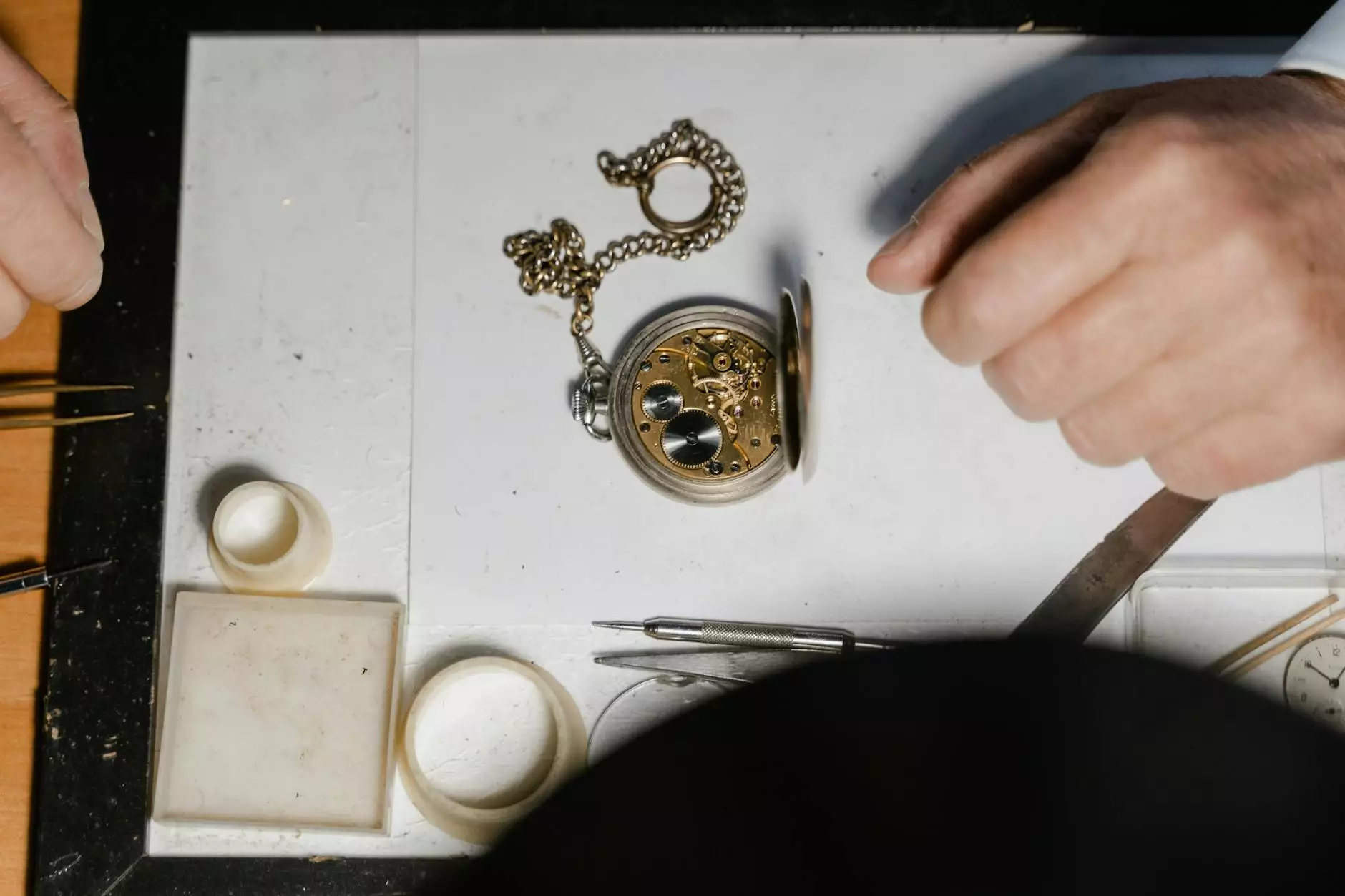The Essential Guide to Soft Occlusal Guards

In today's fast-paced world, where stress often manifests in physical ways, dental health issues are becoming increasingly common. One such issue is bruxism, a condition characterized by teeth grinding and jaw clenching. For many individuals, a soft occlusal guard can be a game-changer. This article provides a comprehensive overview of soft occlusal guards, their benefits, how they function, and why they are crucial for maintaining optimal dental health.
What is a Soft Occlusal Guard?
A soft occlusal guard is a dental device designed to be worn over the teeth to prevent them from grinding against each other. Made of soft, flexible materials, these guards provide cushioning and protection for the teeth, jaw, and surrounding structures. They are particularly effective for individuals who suffer from bruxism or other occlusal disorders.
Why is a Soft Occlusal Guard Important?
Maintaining oral health is vital, not just for a radiant smile but for overall well-being. Here are several reasons why a soft occlusal guard is important:
- Protection Against Damage: Constant grinding can wear down enamel, leading to chipped or cracked teeth. A soft occlusal guard acts as a barrier, protecting your teeth from serious damage.
- Alleviating Jaw Pain: By providing a cushioned surface for the teeth, these guards reduce the pressure on the jaw, alleviating symptoms of TMJ disorders and muscle tension.
- Improves Sleep Quality: For those who grind their teeth at night, wearing a soft occlusal guard can help reduce disturbances, leading to restful sleep.
- Enhancing Dental Treatments: After certain dental procedures, a soft occlusal guard can help protect restorative work while the mouth heals.
Types of Occlusal Guards
While there are several types of occlusal guards available, soft occlusal guards have specific attributes that make them stand out. Here's a breakdown of different types:
- Soft Occlusal Guards: Made from flexible materials, these guards are comfortable to wear and suitable for mild to moderate bruxism.
- Hard Occlusal Guards: These are rigid and provide excellent protection against severe grinding. They are ideal for individuals with pronounced bruxism.
- Dual Laminate Guards: Combining features from both soft and hard guards, dual laminate guards provide comfort and protection, making them versatile for various dental issues.
How to Choose the Right Soft Occlusal Guard
Selecting the appropriate soft occlusal guard requires consideration of several factors. Here’s what to keep in mind:
- Consult with Your Dentist: Always seek professional advice tailored to your specific dental needs and conditions.
- Material Preferences: Ensure the guard is made from high-quality, BPA-free materials to protect your health.
- Comfort Fit: An ideal guard fits snugly against your teeth without discomfort. Look for options that can be customized for fit and comfort.
Benefits of Using a Soft Occlusal Guard
The use of a soft occlusal guard offers numerous benefits, making it a worthwhile investment for anyone suffering from related dental issues:
- Relief from Headaches: Reducing stress on the jaw can significantly alleviate tension headaches associated with bruxism.
- Cost-Effective Dental Care: Protecting your teeth from wear and tear can save you from costly future dental procedures.
- Improved Oral Health: With the teeth protected, there is less risk of decay, erosion, and other dental issues.
How to Care for Your Soft Occlusal Guard
Proper care and maintenance of your soft occlusal guard ensure it remains effective and hygienic. Here are some tips:
- Regular Cleaning: Rinse your guard with warm water before and after use. Use a non-abrasive toothbrush and mild soap to clean it thoroughly.
- Avoid Heat: Do not expose your guard to high temperatures, as this can distort its shape.
- Store Properly: When not in use, keep your occlusal guard in a protective case to prevent damage and contamination.
Frequently Asked Questions (FAQs)
1. How Long Should I Wear My Soft Occlusal Guard?
Your dentist will provide specific guidance, but generally, these guards are designed to be worn overnight or during stressful situations. Some may choose to wear them throughout the day if they tend to grind their teeth while awake.
2. Can I Drink Water While Wearing My Soft Occlusal Guard?
Yes, you can drink water while wearing your guard. However, avoid other beverages, especially sugary or acidic ones, as they can contribute to dental issues.
3. Will a Soft Occlusal Guard Affect My Speech?
Most people adjust to speaking with a soft occlusal guard after a short wearing period. While it may take some time to get used to, it typically doesn't impact speech significantly.
4. How Often Should I Replace My Soft Occlusal Guard?
Based on usage and care, your soft occlusal guard should be replaced every 6 months to 1 year, or as recommended by your dentist.
5. Are Soft Occlusal Guards Safe?
Yes, when made from quality materials and prescribed by a dentist, soft occlusal guards are safe for oral health. They provide a protective barrier without interfering with normal oral functions.
Conclusion
In conclusion, a soft occlusal guard is a vital tool for anyone experiencing bruxism or related dental issues. From protecting your teeth to reducing tension and enhancing overall oral health, the benefits are manifold. By consulting with your dentist and choosing the right guard, you can ensure your dental health is safeguarded for years to come. Explore the options available and take the proactive step towards better oral health today!
Remember, your teeth are your asset; protect them wisely. For more information or to schedule a consultation, visit medentalsf.com today!









